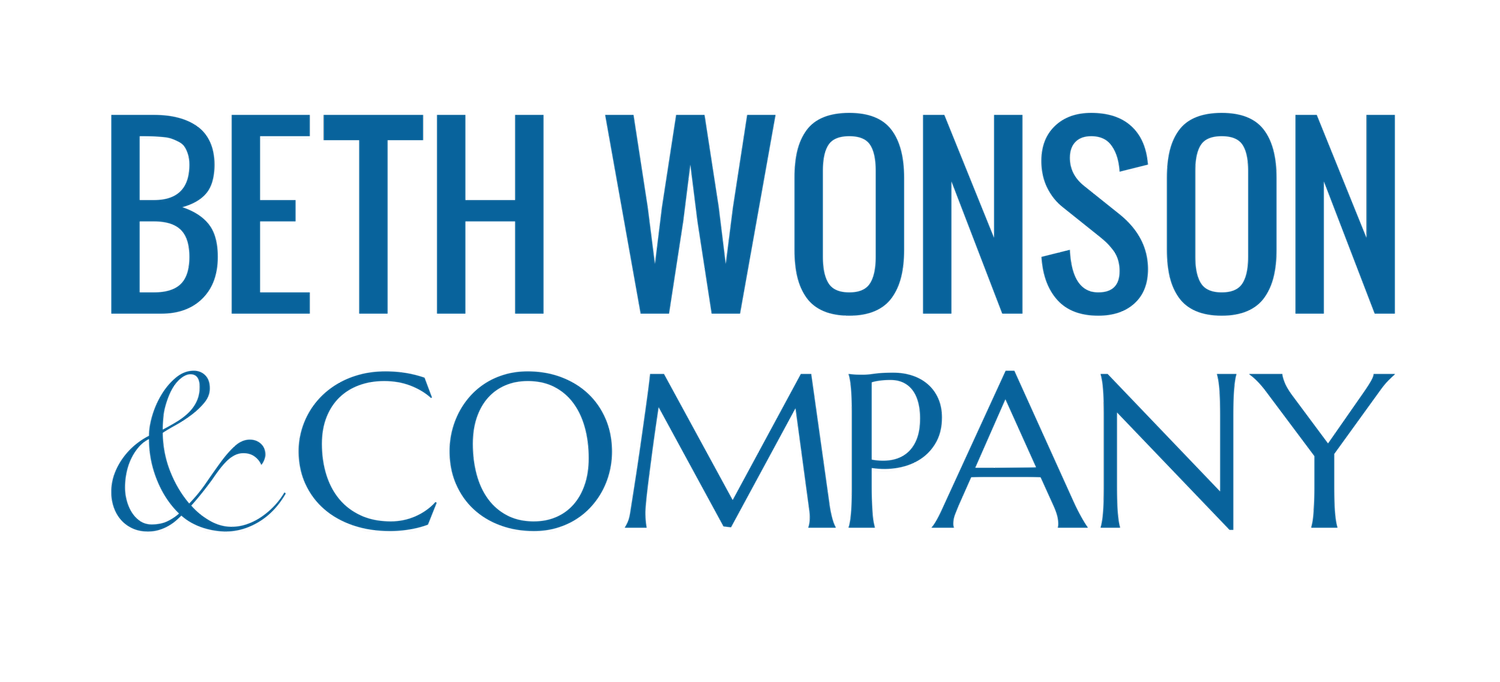Knowledge is Power
I love a good glass of red wine. I love the taste, I love the feel of the glass in my hand. And I love the socialization around wine. I have several clients from the wine industry. Wine is the only alcohol I drink (except an occasional ice cold beer on a hot day).
But I’ve also been noticing that the weight is harder to take off, I’m groggy in the morning, and if I’m consuming wine for several days in a row, I am more forgetful. And sometimes, I’m more irritable.
To be certain, this email is not about judging or about any kind of advice of what you should or should not do. I’m in no way qualified to provide that kind of advice.
However, I happened to listen to Dr. Sarah Wakeman (Harvard) on the Mel Robbins podcast. Dr. Wakeman outlines some biological and brain research facts on what happens in the body when alcohol is consumed. And I felt compelled to share.
The awareness of what she shares in this podcast is just another piece of information to help you make choices in your own life.
Wakeman neither advocates for nor against alcohol use. She simply outlines what is known medically and from a neuroscience perspective regarding alcohol.
What stuck out for me particularly were the parts about how alcohol impacts anxiety, how alcohol impacting people in their 30s. The good news is that, when caught in time, the liver has the ability to repair itself.
Now you may be asking “What does this email have to do with workplace culture and conflict in the workplace, Beth?”
Here’s the connection as I see it. Many of us are stressed and overwhelmed, not only with work but with family pressure, political pressure, financial pressure, and other stressors that cause internal and external conflict.
Knowing the information Dr. Wakeman provides will arm you with more information so that you can determine how you want to navigate times that may be already be rocky.
Your strengths, talents, and expertise are important to making this world go round. Here’s to good health.
Beth
P.S. As with everything I share, if you or someone you know is at risk for being unsafe physically or emotionally, please contact your doctor, mental health provider, or other professional that specializes in treatment and support. This email is in no way a substitute for medical or legal advice.
